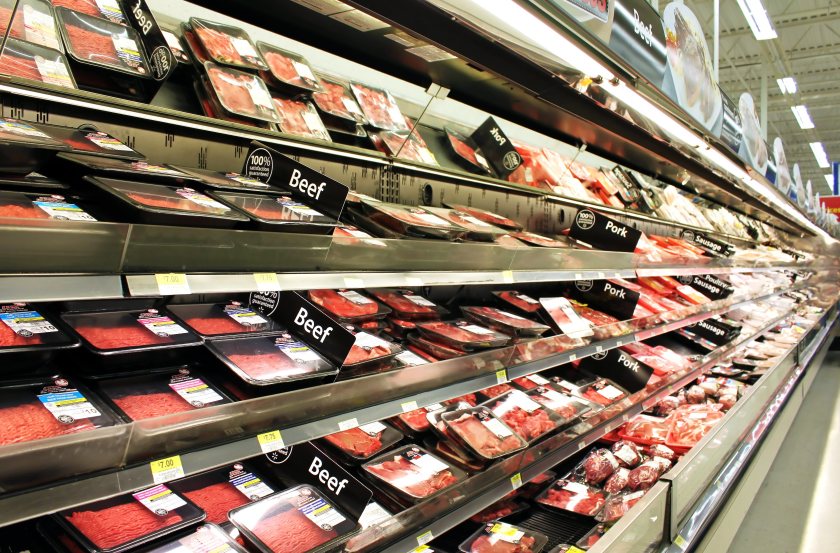
An investigation has found evidence of 'misleading and meaningless' food labels in supermarkets alongside a lack of confidence in the system among consumers.
Researchers for consumer watch group Which? visited the UK’s biggest supermarkets and found various examples of poor food labelling.
In numerous cases, they saw loose fresh fruit and vegetables with no visible origin labelling on the shelf edge or the products themselves.
Under current rules, it is a requirement for there to be a country or place of origin label for many food products, including on fresh meat and vegetables.
However, the rules do not generally apply to processed meat or frozen or processed fruit and vegetables. There is a requirement to provide origin labelling if it would be misleading not to.
A survey of over 2,000 UK adults by Which? revealed that only half of shoppers said they found the current origin information presented on groceries helpful.
And two-thirds told the group that they would be more likely to buy a product labelled ‘British’ than one that was not.
Other labels had fairly meaningless information, according to Which?, such as a pack of sausage rolls from Lidl which stated they were processed using ‘UK and non UK pork’.
Elsewhere, a pack of gammon joints at Iceland had the label ‘EU and non EU origin’ for the pork.
Almost three-quarters (72%) of respondents in Which?’s survey said it was important to know where fresh meat comes from.
Meanwhile, Aldi’s Crestwood bacon and cheese wraps had Union Jacks and ‘Made in Britain’ on the front of the pack.
However, researchers felt that the flag was misleading as the label on the back of the pack said they were in fact made with pork from the EU. The same was found with an Aldi steak and gravy pie.
Researchers also found inconsistencies, such as Charlie Bigham’s lasagne ready meal, which lists its beef as British, but its moussaka fails to mention the origin of the lamb used.
Half (51%) of respondents in the survey said it is important to them to know where processed and tinned meat comes from.
There were also found examples of misleading signage and shelf labels in the stores it visited. Tomatoes from Morocco were sat on a shelf under a large banner decorated with a Union Jack and the words ‘Championing Great British Quality’ at the Aldi store Which? visited.
In one Asda, researchers found cauliflowers that had a Union Jack on the shelf label but were actually from Spain.
Origin information is important to shoppers. Its survey revealed that nearly six in ten (59%) of shoppers who check for origin labelling do it because they want to support their local economy.
Ele Clark, Which? retail editor, said the research had uncovered a surprising amount of inconsistent and misleading food labelling.
She said: “Shoppers want to know where their food comes from for multiple reasons, including supporting British suppliers and making more sustainable choices.
“Supermarkets should particularly focus on labelling loose fruit and vegetables more clearly, but manufacturers and retailers should also consider providing origin information on more processed meat products."
